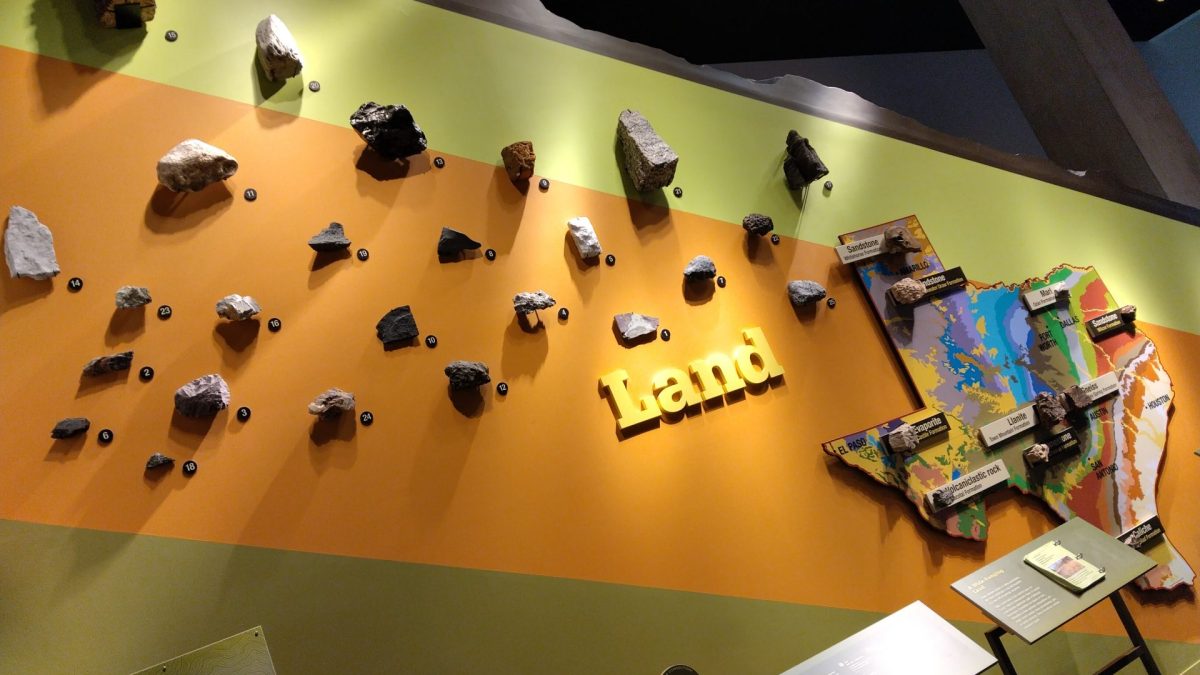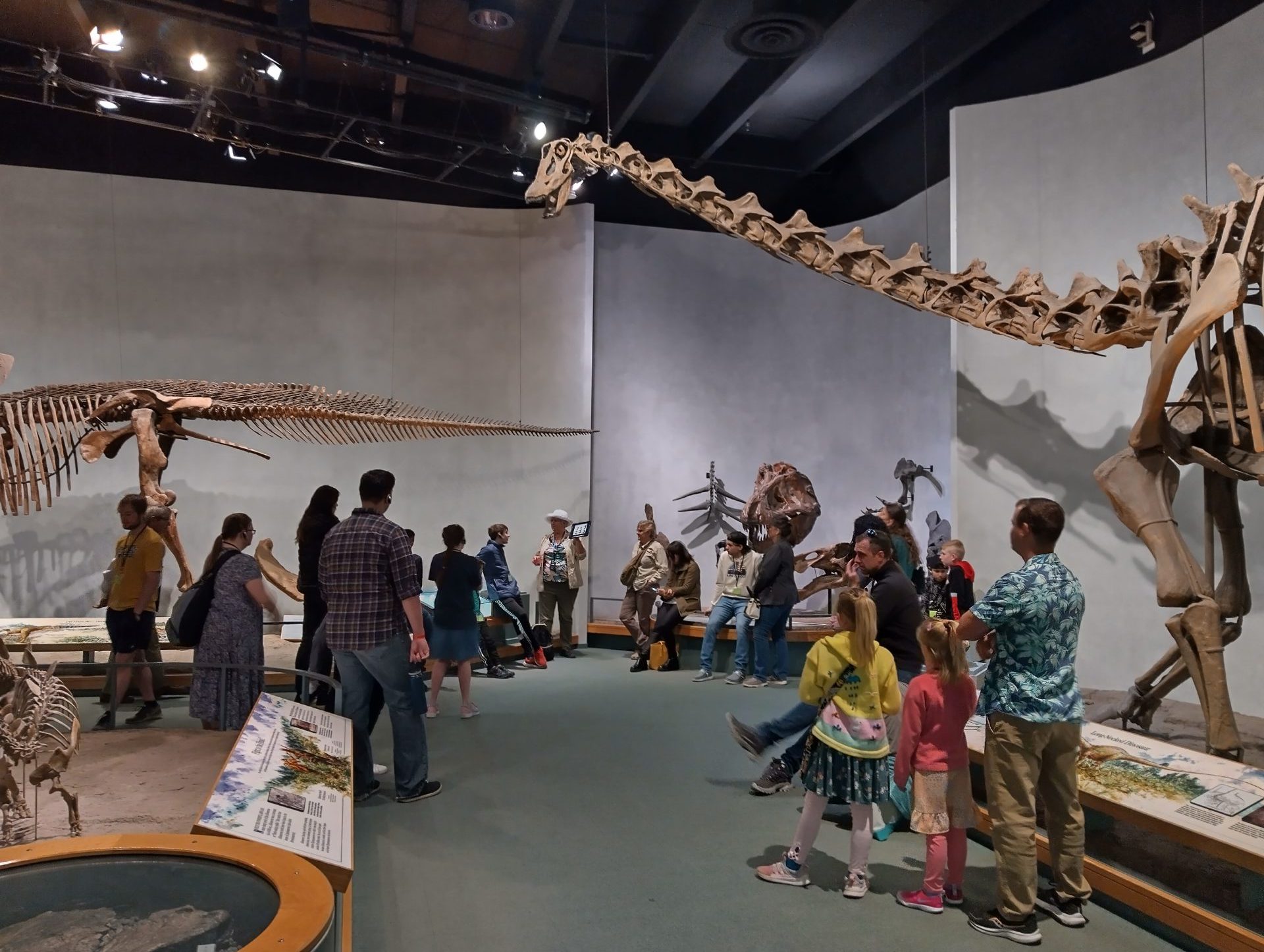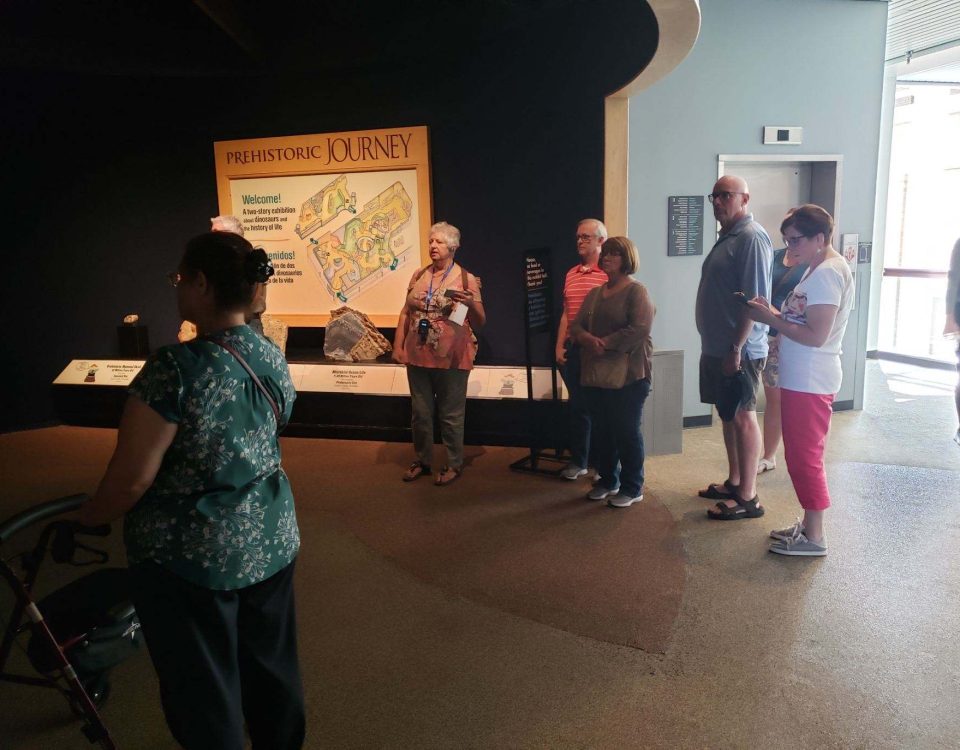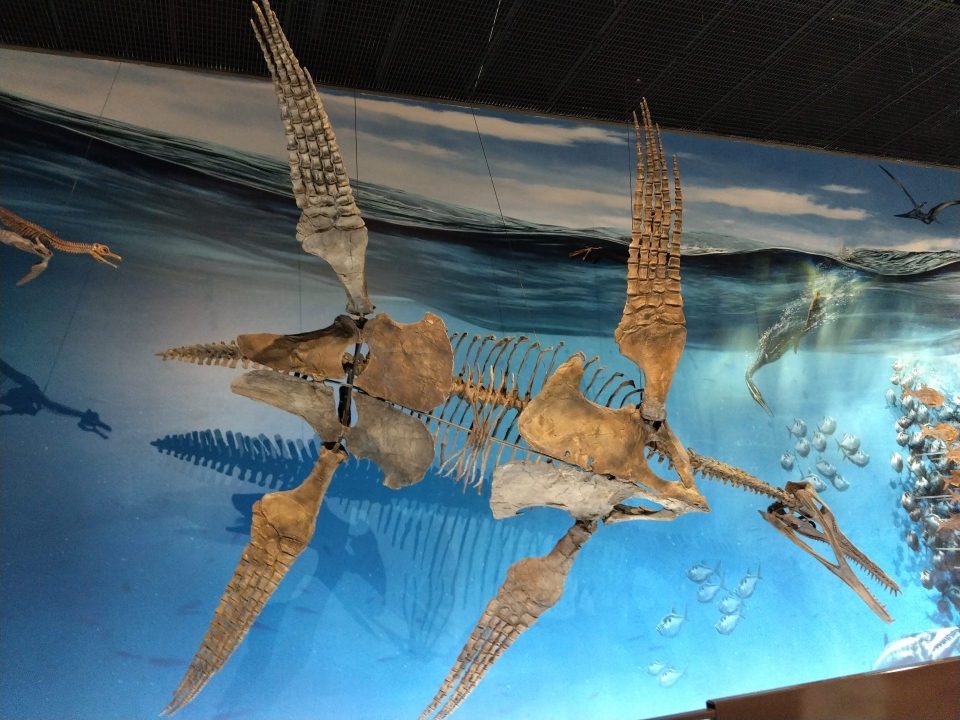
Diving into Discovery: The Importance of Immersive Learning Experiences at Natural History Museums
March 13, 2024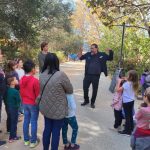
Exploring Beyond the Classroom: The Importance of Museum Field Trips
March 13, 2024In a world filled with fast-paced information and constant distractions, there is great value in slowing down and embracing the art of observation. Natural history museums, with their vast collections of fossils, artifacts, and exhibits, offer the perfect environment for this slow observational learning. When combined with Christian apologetics and a biblical worldview, these tours provide a unique opportunity for visitors to deepen their understanding of both the natural world and their faith. Let's explore the concept of slow observational learning and its application through Christian Museum Tours at the world’s best museums.
Embracing the Slow
Slow observational learning is a deliberate and mindful approach to learning that involves taking the time to observe, reflect, and absorb information deeply. In today's fast-paced society, where information is readily available at our fingertips, the art of slowing down and truly engaging with our surroundings is often overlooked. However, natural history museums provide an ideal setting for embracing this slower approach to learning, allowing visitors to immerse themselves in the wonders of the natural world and appreciate the intricate details of God's world.
Deepening Understanding Through Observation
Christian Museum Tours at the world’s best museums encourage visitors to engage in slow observational learning by guiding them through exhibits and encouraging them to reflect on the connections between science and faith. By taking the time to observe fossils, specimens, and exhibits closely, visitors can gain a deeper understanding of the intricacies of God's design and the evidence of His handiwork in the natural world. Slow observational learning allows visitors to appreciate the beauty, complexity, and diversity of life on Earth in a profound and meaningful way.
Reflecting on Faith and Science
As visitors engage in slow observational learning at natural history museums, they are prompted to reflect on the intersection of faith and science. Christian Museum Tours provide opportunities for visitors to consider how scientific discoveries align with biblical teachings and reveal God's sovereignty over the whole world. By observing the evidence of design, order, and purpose in the natural world, visitors can deepen their faith and gain confidence in the compatibility of science and Christianity.
Cultivating Spiritual Growth
Slow observational learning through Christian Museum Tours at the world’s best museums also fosters spiritual growth and maturity. By taking the time to reflect on the wonders of God's world and the evidence of His handiwork, visitors can deepen their relationship with God and grow in their understanding of His character and attributes. Slow observational learning encourages visitors to ponder the mysteries of God's design and to draw closer in worship and awe to God.
Conclusion
In conclusion, slow observational learning through Christian Museum Tours at the world’s best museums offers a valuable opportunity for visitors to deepen their understanding of the natural world and their faith. By embracing the art of observation and reflection, visitors can gain insights into the intricacies of God's design, how science supports Scripture, and the beauty of God's world. As Christians, let us embrace the opportunity to engage in slow observational learning at natural history museums, allowing ourselves to be inspired, enlightened, and transformed by the wonders of God's design.
Get your free Guide to Using Christian Museum Tours and explore the biblical case for the historical account of Genesis with your family.




